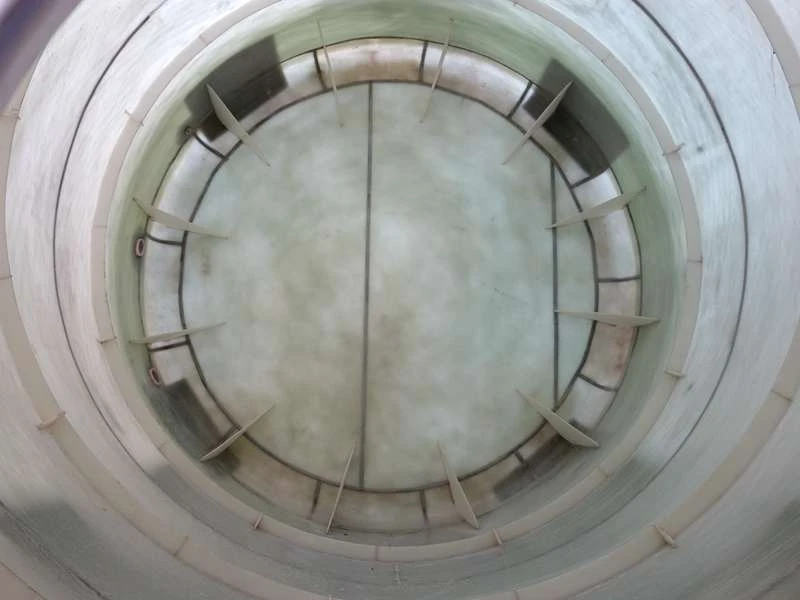
-
 Afrikaans
Afrikaans -
 Albanian
Albanian -
 Amharic
Amharic -
 Arabic
Arabic -
 Armenian
Armenian -
 Azerbaijani
Azerbaijani -
 Basque
Basque -
 Belarusian
Belarusian -
 Bengali
Bengali -
 Bosnian
Bosnian -
 Bulgarian
Bulgarian -
 Catalan
Catalan -
 Cebuano
Cebuano -
 China
China -
 China (Taiwan)
China (Taiwan) -
 Corsican
Corsican -
 Croatian
Croatian -
 Czech
Czech -
 Danish
Danish -
 Dutch
Dutch -
 English
English -
 Esperanto
Esperanto -
 Estonian
Estonian -
 Finnish
Finnish -
 French
French -
 Frisian
Frisian -
 Galician
Galician -
 Georgian
Georgian -
 German
German -
 Greek
Greek -
 Gujarati
Gujarati -
 Haitian Creole
Haitian Creole -
 hausa
hausa -
 hawaiian
hawaiian -
 Hebrew
Hebrew -
 Hindi
Hindi -
 Miao
Miao -
 Hungarian
Hungarian -
 Icelandic
Icelandic -
 igbo
igbo -
 Indonesian
Indonesian -
 irish
irish -
 Italian
Italian -
 Japanese
Japanese -
 Javanese
Javanese -
 Kannada
Kannada -
 kazakh
kazakh -
 Khmer
Khmer -
 Rwandese
Rwandese -
 Korean
Korean -
 Kurdish
Kurdish -
 Kyrgyz
Kyrgyz -
 Lao
Lao -
 Latin
Latin -
 Latvian
Latvian -
 Lithuanian
Lithuanian -
 Luxembourgish
Luxembourgish -
 Macedonian
Macedonian -
 Malgashi
Malgashi -
 Malay
Malay -
 Malayalam
Malayalam -
 Maltese
Maltese -
 Maori
Maori -
 Marathi
Marathi -
 Mongolian
Mongolian -
 Myanmar
Myanmar -
 Nepali
Nepali -
 Norwegian
Norwegian -
 Norwegian
Norwegian -
 Occitan
Occitan -
 Pashto
Pashto -
 Persian
Persian -
 Polish
Polish -
 Portuguese
Portuguese -
 Punjabi
Punjabi -
 Romanian
Romanian -
 Russian
Russian -
 Samoan
Samoan -
 Scottish Gaelic
Scottish Gaelic -
 Serbian
Serbian -
 Sesotho
Sesotho -
 Shona
Shona -
 Sindhi
Sindhi -
 Sinhala
Sinhala -
 Slovak
Slovak -
 Slovenian
Slovenian -
 Somali
Somali -
 Spanish
Spanish -
 Sundanese
Sundanese -
 Swahili
Swahili -
 Swedish
Swedish -
 Tagalog
Tagalog -
 Tajik
Tajik -
 Tamil
Tamil -
 Tatar
Tatar -
 Telugu
Telugu -
 Thai
Thai -
 Turkish
Turkish -
 Turkmen
Turkmen -
 Ukrainian
Ukrainian -
 Urdu
Urdu -
 Uighur
Uighur -
 Uzbek
Uzbek -
 Vietnamese
Vietnamese -
 Welsh
Welsh -
 Bantu
Bantu -
 Yiddish
Yiddish -
 Yoruba
Yoruba -
 Zulu
Zulu
rectangular tank made of fiberglass material
The Advantages of Rectangular Tanks Made of Fiberglass Material
In the world of industrial storage solutions, rectangular tanks crafted from fiberglass material stand out for their durability, versatility, and ease of maintenance. These tanks have increasingly become a favored choice across various sectors, including agriculture, waste management, and even aquaculture. Understanding the benefits and applications of fiberglass rectangular tanks can provide insights into why they are an essential component in many industrial operations.
Durability and Strength
One of the most significant advantages of fiberglass tanks is their exceptional durability. Unlike traditional materials such as steel or concrete, fiberglass is resistant to corrosion, which makes it ideal for holding various substances, including corrosive chemicals and wastewater. The inherent properties of fiberglass allow it to withstand extreme environmental conditions—be it high temperatures or harsh chemicals—without compromising structural integrity. This longevity ensures that businesses avoid frequent replacement costs and can maintain continuous operations with reduced downtime.
Lightweight Construction
Fiberglass tanks are considerably lighter than their metal or concrete counterparts. This characteristic simplifies the installation process, as less heavy machinery is required for transportation and placement. The reduced weight also minimizes the structural load on foundations, making fiberglass tanks suitable for locations that cannot support heavier installations. This ease of setup translates to significant cost savings during the installation phase, allowing for more efficient project timelines.
Design Flexibility
Rectangular tanks offer an advantage in terms of design flexibility. Their shape maximizes storage efficiency, allowing operators to utilize available space better. Additionally, fiberglass tanks can be manufactured in various sizes and customized to meet specific industry needs. This adaptability means that businesses can opt for unique designs that fit perfectly within their operational layouts without compromising functionality.
rectangular tank made of fiberglass material

Corrosion Resistance
Given the nature of many substances that need to be stored, corrosion resistance is a vital feature. Fiberglass does not rust or deteriorate compared to metal tanks and does not suffer from the leaching issues often seen with concrete tanks. This property is especially crucial in environments where storing chemicals or hazardous materials is involved. The integrity of the tank is preserved, ensuring the safety and quality of the stored contents.
Easy Maintenance
Another considerable benefit of fiberglass rectangular tanks is their ease of maintenance. The smooth surface of fiberglass inhibits the growth of algae and bacteria, making cleaning far simpler than with rougher materials. Regular inspections can be conducted easily, and any necessary repairs, should they arise, are generally straightforward and inexpensive. This results in lower long-term operational costs for businesses.
Environmental Impact
Fiberglass tanks are often considered more environmentally friendly compared to other materials. The application of fiberglass reduces the risk of leaks and spills, which can have damaging effects on the surrounding ecosystem. Additionally, many manufacturers of fiberglass tanks are moving toward more sustainable production methods, using recycled materials and eco-friendly processes that further reduce their ecological footprint.
Conclusion
In summary, rectangular tanks made of fiberglass offer numerous advantages that cater to a range of industrial requirements. Their durability, lightweight design, flexibility, corrosion resistance, easy maintenance, and positive environmental impact contribute to their growing popularity in various industries. By investing in fiberglass rectangular tanks, businesses not only enhance their operational efficiency but also contribute to sustainable practices, ensuring that they remain competitive and responsible in an ever-evolving marketplace.
Latest news
-
Exploring the Benefits of Top Hammer Drifter Rods for Enhanced Drilling PerformanceNewsJun.10,2025
-
High-Precision Fiberglass Winding Machine for GRP/FRP Pipe Production – Reliable & Efficient SolutionsNewsJun.10,2025
-
FRP Pipes & Fittings for Shipbuilding - Corrosion-Resistant & LightweightNewsJun.09,2025
-
Premium FRP Flooring Solutions Durable & Slip-ResistantNewsJun.09,2025
-
Premium Fiberglass Rectangular Tanks Durable & Lightweight SolutionNewsJun.09,2025
-
Tapered Drill String Design Guide Durable Performance & UsesNewsJun.09,2025









